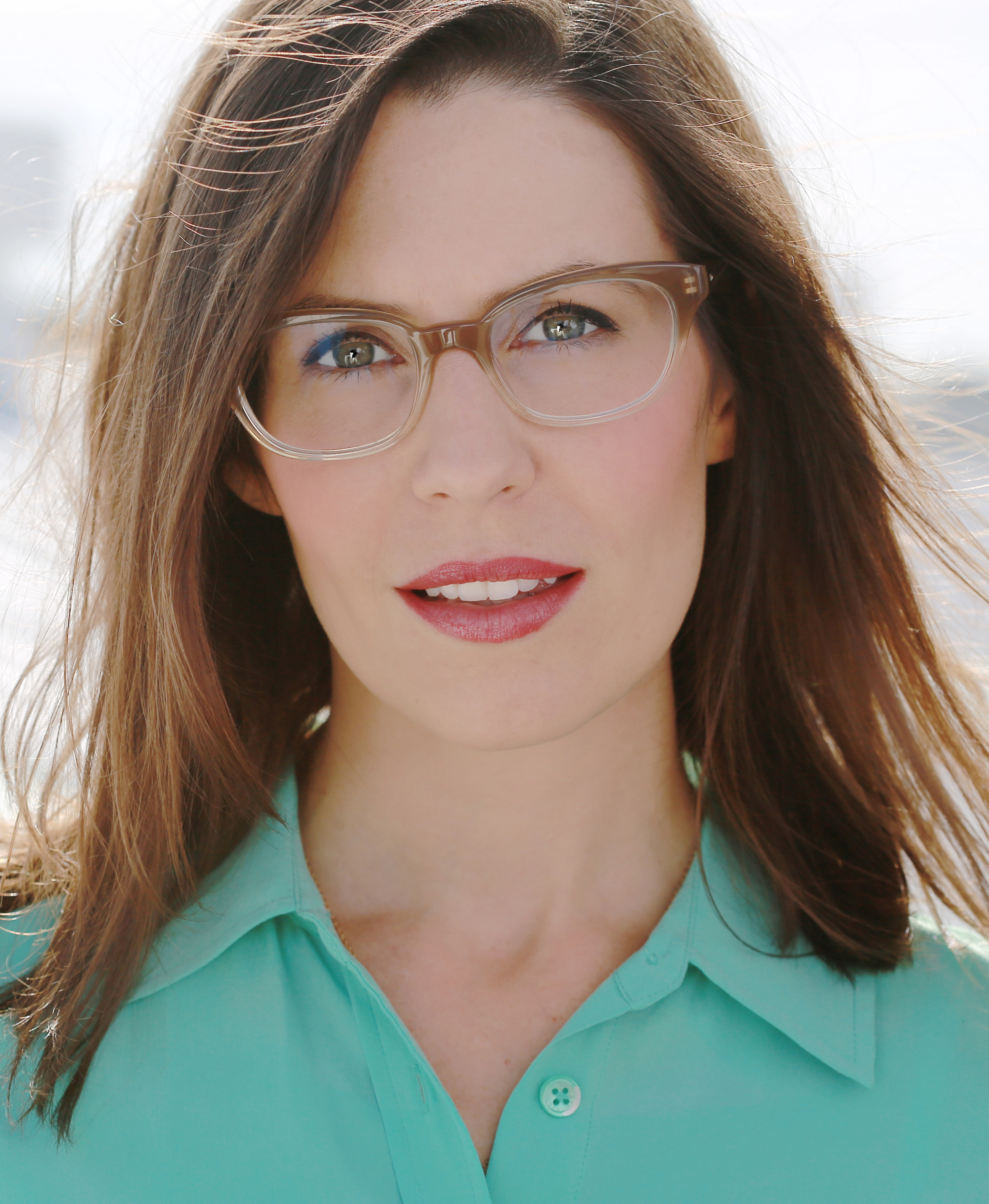
07 May Interview with a Playwright: Lauren Gunderson
The 2015 Season of Rough Readings has brought us readings of four remarkable new plays in draft form, and is coming to a close this month with The Revolutionists by playwright Lauren Gunderson.
The Revolutionists has also been selected for the 38th Annual Bay Area Playwrights Festival! You can get a sneak peek of the festival and see this inspiring new work before it comes to the Tides Theatre stage this Summer!
As an additional treat, Lauren was kind enough to share some insight into the play’s development — read on below:
Rachel Finkelstein: Thanks for speaking with me! To start, I’d love to hear how you got interested in this topic and the four women the play is centered on.
 Lauren Gunderson: I was in Paris with my mom and sister 3 years ago and we went to the Pantheon to visit Voltaire and Marie Curie (like ya do) and happened to read a footnote about a feminist playwright who was guillotined during the French Revolution that the people of Paris were considering re-interring there. I did a cartoon-style double take and said “Wait. A feminist playwright? During the French Revolution? Guillotines?!” After that it was a gradual exploration of that time and the striking similarities to our time in America: ridiculous war, drowning national debt, vast divide between rich and poor, institutional racism, and the quest for women’s equality. But the play has really turned into a grander story about stories. Why we need to make art, what art does in times of crisis, how stories connect eras and philosophies across time.
Lauren Gunderson: I was in Paris with my mom and sister 3 years ago and we went to the Pantheon to visit Voltaire and Marie Curie (like ya do) and happened to read a footnote about a feminist playwright who was guillotined during the French Revolution that the people of Paris were considering re-interring there. I did a cartoon-style double take and said “Wait. A feminist playwright? During the French Revolution? Guillotines?!” After that it was a gradual exploration of that time and the striking similarities to our time in America: ridiculous war, drowning national debt, vast divide between rich and poor, institutional racism, and the quest for women’s equality. But the play has really turned into a grander story about stories. Why we need to make art, what art does in times of crisis, how stories connect eras and philosophies across time.
RF: That’s as true today as it was then. So, how did you go about getting to know these women so intimately?
 LG: I basically wrote about myself and my cadre of incredible female friends, many of whom are artists. I wrote two of the roles for Kat Zdan* and Jessica Lynn Carroll* (who you’ll see in the reading) which is a treat because I had their voices in my head. The fun of writing about historical women is in revealing their humanity, not indulging their mythology. Marie Antoinette was a woman, a mother, a scared mortal person not just a queen. The fun of the play is going into both the grandeur and the grounding of these women.
LG: I basically wrote about myself and my cadre of incredible female friends, many of whom are artists. I wrote two of the roles for Kat Zdan* and Jessica Lynn Carroll* (who you’ll see in the reading) which is a treat because I had their voices in my head. The fun of writing about historical women is in revealing their humanity, not indulging their mythology. Marie Antoinette was a woman, a mother, a scared mortal person not just a queen. The fun of the play is going into both the grandeur and the grounding of these women.
RF: There’s an incredible mix of history and modern language in the work, which makes it so relatable — how did you find that balance between past and present?
LG: I think it’s mainly because I was making fun of myself for most of the play. The main character is a feminist playwright who’s desperate to think that her work matters and can change the world for the better even though she knows that her work may be an outgrowth of her need to be in charge and speak for others. That’s not a far leap from *ahem* someone I know very well. So the tone of the play starts out light, ludicrous, and confessional… until it crashes into the hot threat of violence and censorship of the Reign of Terror. Then it gets dangerous. Then it, ultimately, puts our main character nose to nose with mortality and her own legacy, which is something everyone across time has come to at some point. The play really aims for a timelessness.
RF: In what ways has this work changed since inception, and in what ways do you hope it will develop moving forwards?
LG: So many ways. Just last week I cut a whole character. And I’m continuing to rearrange scenes and revelations as I craft the larger story that erupts from the smaller ones. That’s kinda vague but it means that this play is still very much in a kind of excavation and discovery. The work we’ll do for these readings will have a huge impact on this play.
RF: Thanks again, Lauren. I’m really looking forward to seeing this play action!
Save a Seat with an RSVP! Email rsvp@box5668.temp.domains or call 415.626.2176.


No Comments